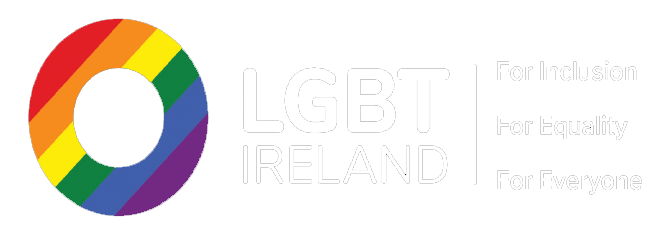On Nov 12th 2020, EU Vice-President Jourova and Commissioner for Equality Dalli launched the first ever EU LGBTIQ Strategy 2020- 2025. For years, calls were made to create an EU LGBTI+ strategy, and it could not have come at a more critical moment in time for Europe. Anti-LGBTI+ sentiment is increasing across many countries and we must work hard together to advance and defend LGBTI+ rights.
With thanks to our friends in ILGA-Europe, here is an easy-access guide to what is in the strategy:
The strategy is organised in four sections:
1. Tackling discrimination against LGBTIQ people
2. Ensuring LGBTIQ people’s safety
3. Building LGBTIQ inclusive societies
4. Leading the call for LGBTIQ equality around the world
And here are some key points under each section that we know will be included:
1. Tackling discrimination against LGBTIQ people
In the first section the EC will cover action in the area of non-discrimination, employment and social protection, education and health as well as asylum. The proposed actions include:
Clear commitments on implementation reports on the Employment Equality Directive and possible following legislative proposals, including to strengthen the role of equality bodies.
Good practice exchanges between member states on non-discrimination protection on sexual orientation, gender identity, gender expression and sex characteristic (SOGIESC), as well as a clarification how non-binary and intersex people are best protected in non-discrimination legislation.
Gathering data on discrimination in access to labour market, particularly for trans and intersex people, and guidance to member states on the issue.
An expert group on gender stereotypes and bullying, regarding education.
Support of intersectional research, including on health as well as encouraging member states to organise trainings for healthcare professionals in the care needs of LGBTI people.
Good practice exchange between member states in the area of asylum, focusing on safe reception, protection standards and assessment of applications of LGBTIQ refugees.
2. Ensuring LGBTIQ people’s safety
A big focus in this section will be on the rise of hate across the EU and the better protection against LGBTI-phobic hate crimes, online hate, and improved victim support services. The focus is on:
An initiative to extend the list of EU crimes to cover hate crimes and hate speech on the grounds of SOGIESC.
Work on the Digital Service Act and full implementation of the Audio-visual Media Services Directive
Full implementation of the EU strategy on victim’s rights, including an EU-wide communication campaign and good practice exchange between member states on victim’s rights, as well as funding opportunities in the area.
Furthermore, this section will include a focus on banning harmful practices and includes taking the lead in:
Good practice exchanges between member states regarding intersex genital mutilation, forced medicalisation of trans people, and banning so-called “conversion therapies”.
3. Building LGBTIQ inclusive societies
A key point in this section is that the European Commission will work on ensuring freedom of movement for all. This includes:
Implementation of the Coman judgment, through dialogue and, if necessary, legal action.
Reviewing guidelines on free movement to ensure they include LGBTI people and rainbow families.
Continuing to gather evidence on problems LGBTI people and their families face in enjoying freedom of movement.
Proposing legislation for mutual support of parenthood between member states.
Exploring measures to support mutual recognition of same-sex partnerships in cross-border situations.
Furthermore, there will be a commitment to work with member states towards legal gender recognition based on self-determination and without age restrictions.
On funding, the EC will confirm existing operational grants and project-based funding, but in addition a committee to increase opportunities for small organisations.
4. Leading the call for LGBTIQ equality around the world.
Section four reiterates the EC’s strong engagement on LGBTI rights in external relations. We expect references to sharing of best practise and being a strong voice for LGBTI rights in international fora, as well as through instruments like the human rights dialogues.
This includes continued support for LGBTI human rights defenders, including rapid response and through EU funding.
There is also a renewed commitment to LGBTI rights in the accession process, including monitoring and data collection on the situation of LGBTI people in the region.
